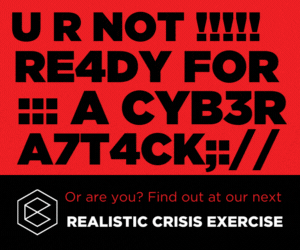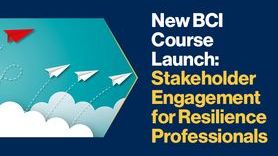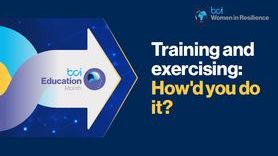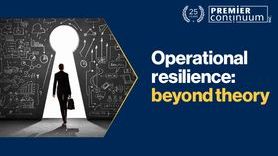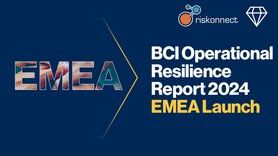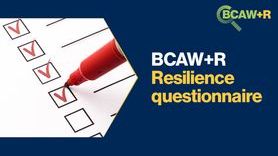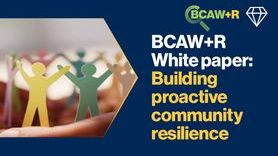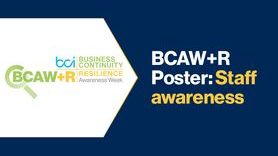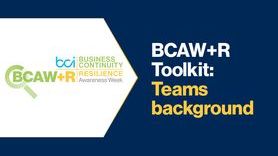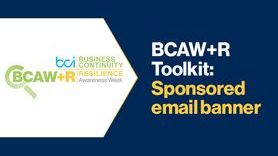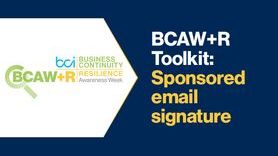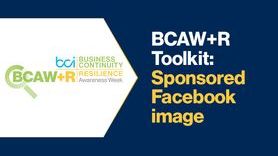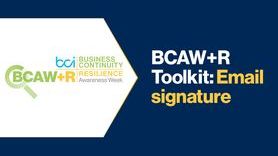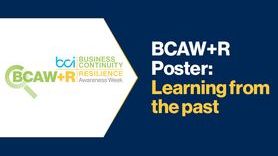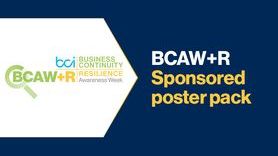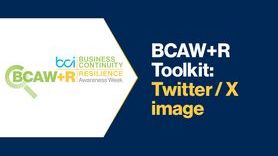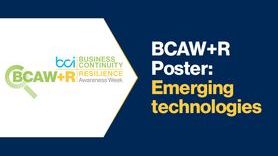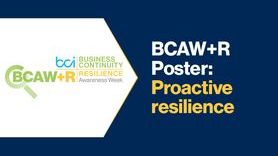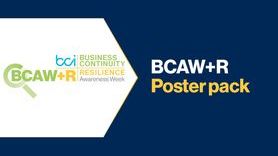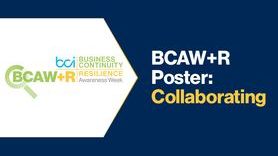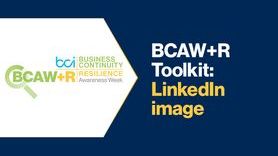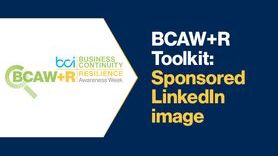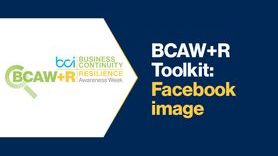Is it ever too late to get a professional qualification?

The short answer is no, and here is why…
Is your Business Continuity (BC) experience enough to keep your organization resilient?
There is no doubt that learning by experience is important and a great method. You might have practised Business Continuity Management (BCM) for years without any professional training or qualification and still managed to do your job effectively. Some professionals with BC responsibilities often refer to BC as ‘common sense’, which is largely an acceptable approach to the discipline. However, as the BC profession continues to evolve (with its value increasingly recognised at the strategic level), and as the number of threats continues to grow, it is now critical to have a solid theoretical and technical knowledge base of BC.
Indeed, an effective BC programme supports the strategic objectives of an organization and pro-actively builds the capability to continue business operations during a crisis event. To build this, training is essential. A course like the CBCI – based on the BCI Good Practice Guidelines (GPG), the first choice of reference for anyone with BC responsibilities – will provide you with an understanding of the rationale behind all BCM processes, a framework to structure your approach to BC, and important information about best practice (including when and how to do it).
There is also an aspect of innovation to consider - by gaining more technical knowledge, you can identify any issues that may be causing inefficiencies within your BC plans. Knowledge is the key to building your confidence and pushing you to try something new, such as implementing more sophisticated BC measures for your organization.
Is work experience enough when job hunting or advancing your career?
As mentioned earlier, hands-on experience is important, but sometimes it can be difficult to demonstrate or to use it to validate your knowledge. A professional certification helps you to do that. In today’s highly competitive job market, having a certification will:
- Improve professional credibility
- Enhance your earning potential
- Make you stand out from the other candidates.
Moreover, a certification combined with real world experience, and a further upgrade of your membership (such as with The BCI), will most likely provide you with an advantage when looking for jobs, as employers will be keen to hire your experience and level of maturity. This is ideal if you are looking to accelerate your career, whether it is for a promotion, asking for a pay rise, or even negotiating for a new job.
However, it is critical to underline that there is more to professional certifications than just gaining a competitive advantage in the job market. It is not just about ‘getting a piece of paper’ or gaining designations after your name, it is about learning what you don’t learn in the field and improving what you already know.
A high-value certification and membership will make sure that your level of knowledge is up to standard, and will also encourage you to continue to develop your knowledge in the long-run through resources, knowledge tools, research reports, attending events and more.
A certification is proof that you’ve acquired the skills and abilities to build, implement and maintain a BC programme.
Learn more about Education Month 2022:
To be the first to know about BCI News and more follow us on LinkedIn here, or on Twitter @TheBCEye


